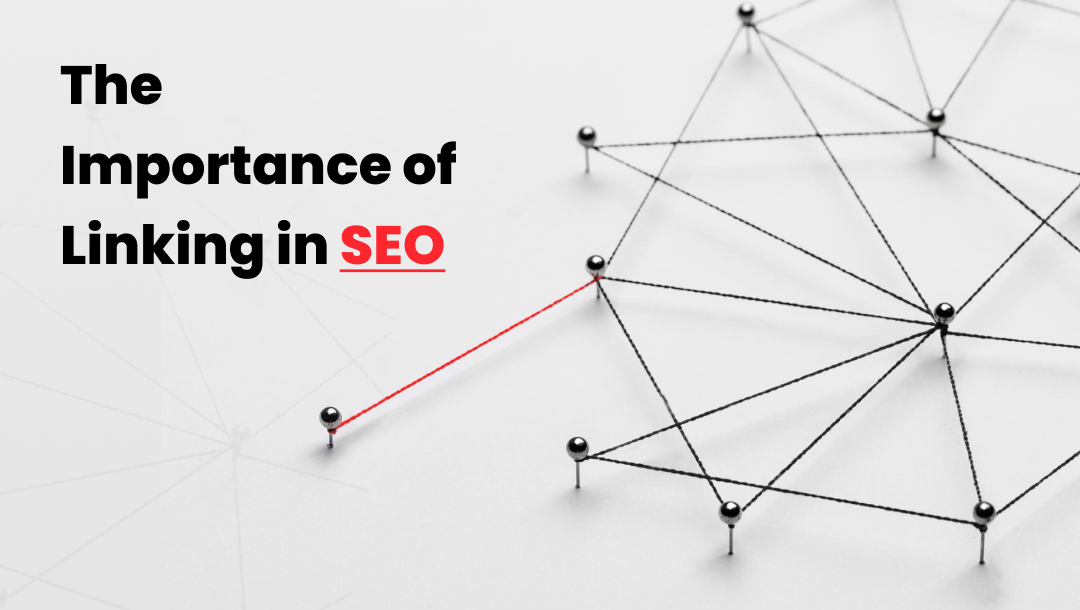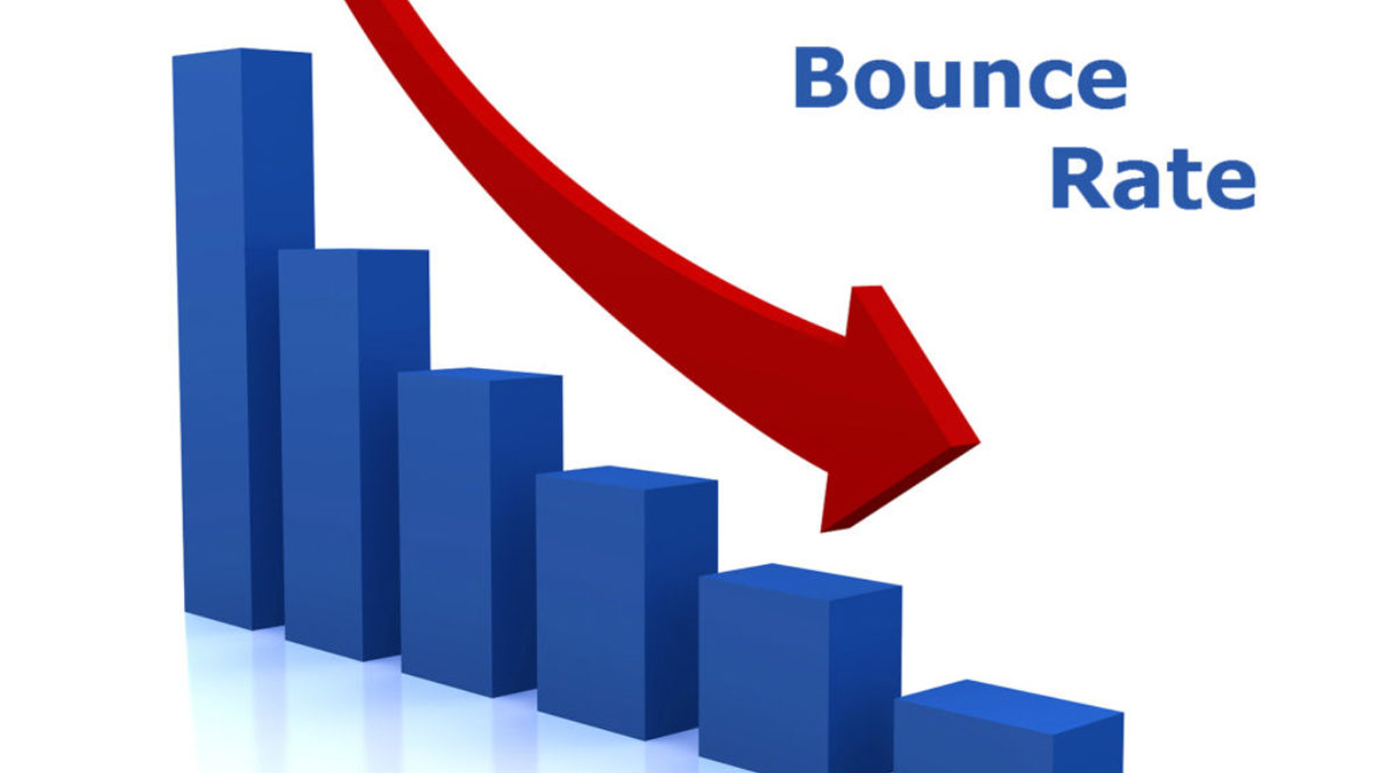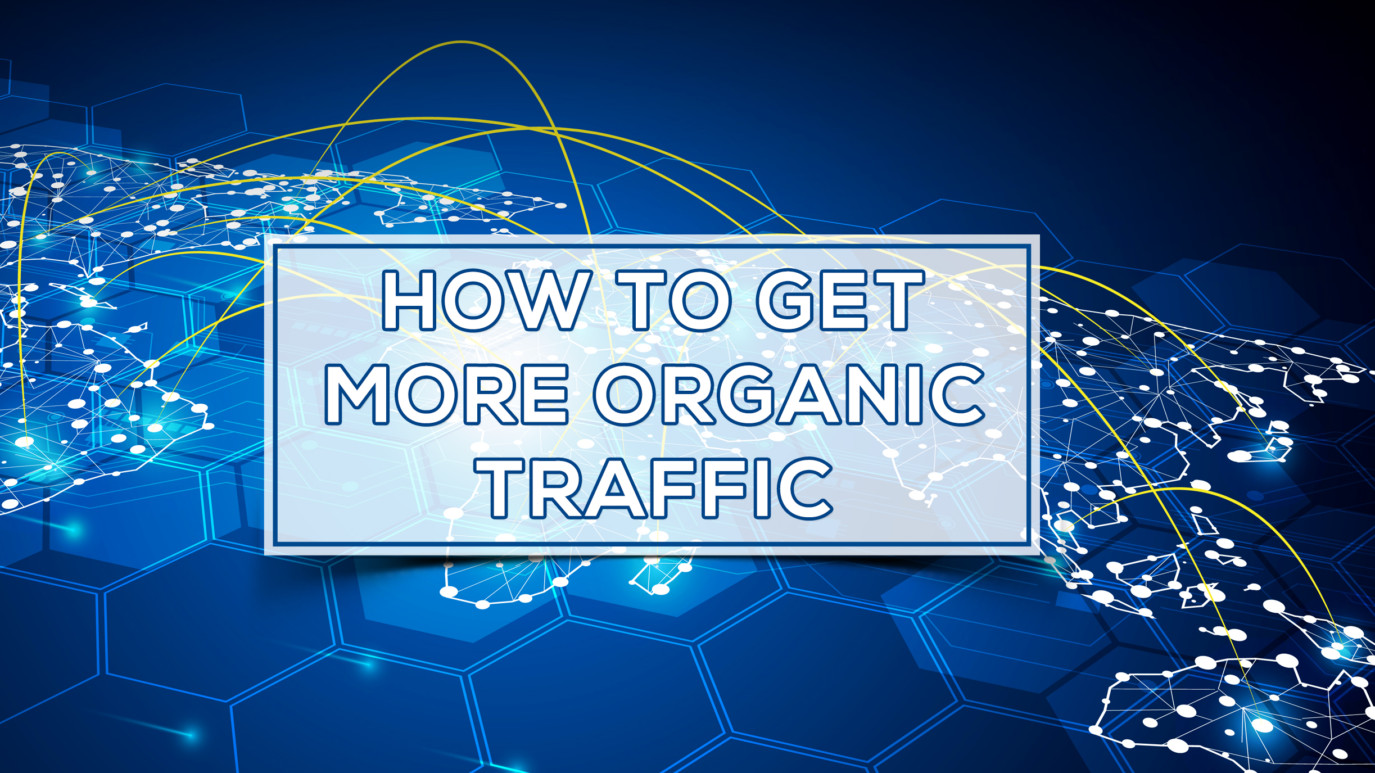The Importance of Linking in SEO
Linking is crucial in SEO as it influences a website's visibility & ranking on search engines. Google's sophisticated algorithms evaluate these links to determine the website's relevance & quality. Linking to authoritative websites can improve their SEO rankings.
Google has also clarified that such a tactic does not automatically improve your position. Moreover, Google's official guidelines state that rather than just referring to authoritative websites. Instead, the emphasis should be on providing users with high-quality, relevant material and links. In essence, Google puts the user experience ahead of straightforward connection strategies.
Google’s Clarification
Google recently dispelled a myth about the significance of links to authoritative websites for SEO rankings. Many mistakenly believe building outbound links to reputable websites would improve their SEO rankings. However, Google has made it clear that this is different.
The Google Search Advocate, Mr. John Mueller, has clarified -
"Does this link provide additional, unique value to users? Then, link naturally. Is this link irrelevant to my users? Then don't link to it."
The official declaration highlights that Google's algorithm prioritizes your content's quality, relevance, and user value. Google's algorithms give this more weight than the authority of the website to which you link. The guidelines emphasize user-centric content creation over the pursuit of high-authority outbound links. This further underscores Google's commitment to delivering an exceptional user experience.
Debunking the Myth
A long-held misconception in the world of Search Engine Optimization has been challenged. This comes with Google's clarification on the impact of linking to high-authority websites on SEO rankings. This is justified by Google's dedication to prioritizing user experience & high-quality content.
Google has designed its algorithms to recognize & honor content that offers value to people. Links to websites with much authority don't automatically increase this value. Consequently, they have no direct effect on your SEO rankings. Numerous SEO specialists have supported Google's position. They conclude there needs to be a clear link between linking to authoritative sites and higher ranks.
Best Practices for Linking
It's critical to comprehend the best practices for linking, especially in light of recent developments. Google's statement clarifies that linking to high-authority sites doesn't directly affect SEO rankings. Google prioritizes user experience, which relevant & high-quality content significantly influences. A strategically placed link to a pertinent source that enhances the breadth or clarity of your content is quite valuable.
On the other hand, a link to a high-authority site that gives little context is less advantageous. For instance, a blog post about "climate change" that links to a pertinent scientific paper carries more credibility. This comparison is against a post that links to an unrelated & high-authority website. Relevance, context, and providing value to your audience should be the main focuses of your connecting strategy.
Wrapping it Up
Google claims that a link's importance is more based on its capacity to provide the user with value & context. This focus outweighs the authority of the linked website. The research work of several SEO specialists supports this. Their findings further found no evidence of a connection between better ranks and links to reputable websites.
Therefore, developing an intelligent linking strategy as part of SEO best practices is crucial. This strategy should focus on relevance, context, and delivering value to the reader(s). Comprehending and adhering to Google's clear viewpoint is crucial to maximize SEO efforts.
 08 August 2023
08 August 2023



